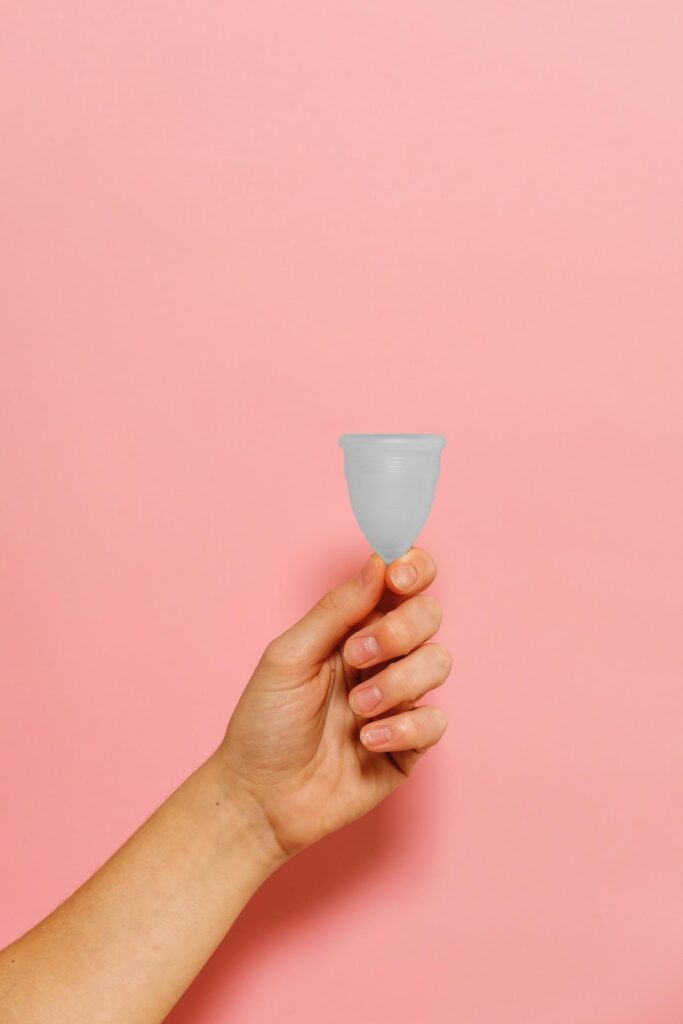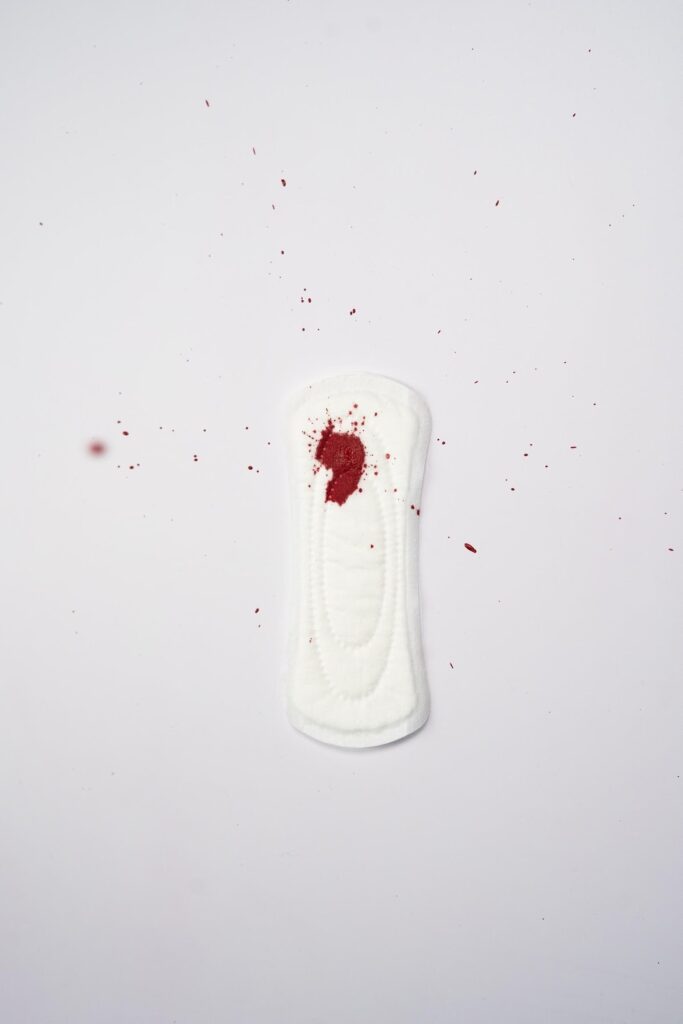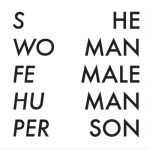In France, 1/3 of university students need support to afford menstrual products, 10% of university students use home-made cotton and fabric period pads due to a lack of financial means and 1 in 20 use toilet paper. Paris-Saclay University decided to tackle the pressing issue of period poverty with their «Never in the red again!» campaign.
Committing to end period poverty, the French University of Paris-Saclay announced, on 23 February, the start of their «Never in the red again!» (Plus jamais dans le rouge !) campaign. Drawing upon the experience of frontrunner French universities such as Lille, Bordeaux, Rennes, etc. Paris-Saclay University aims to:
- Provide students with better access to disposable period products;
- Give the most vulnerable students free sanitary protection replenishments;
- Promote and facilitate access to a greater variety of reusable menstrual products.
Another important component of the operation is the university’s ambition to raise awareness among “non-menstruating people about the physical, sanitary and economic constraints” linked to menstruation.
This announcement came the same day the French Minister for Education presented new measures to fight student poverty due to Covid-19, some of which concerned period poverty. By September 2021, free menstrual products will be made available through 1500 dispensers across French universities campuses, a measure that had long been demanded by feminist associations such as Règles Elémentaires. In the coming weeks, the first dispensers will be installed in University residences and medical services.
At Paris-Saclay, as in many other European universities, the Covid-19 pandemic has dramatically impacted students, many of them having to fend for themselves in precarious conditions. A survey led by the University’s students’ representatives revealed that period poverty was an issue that needed urgent attention. Period poverty refers to the struggle faced by many low-income people who menstruate, to afford sanitary products which may lead them to use products like tampons for longer than intended with potentially serious health effects like toxic shock syndrome.
With the «Never in the red again!» campaign, 5,000 scholarship students will gain access to free sanitary products in strategic locations (student associations, University health services, etc.). In line with its sustainable development policy, Paris-Saclay University is also collaborating with the company « Dans Ma Culotte» (In My Panties) to give access to 500 sample sustainable period products such as reusable pads, menstrual cups, etc.
The campaign is part of the “Week of Equality” and has started on March 8 International Women’s Day which will tackle the topic “Is health gendered?”. It will kick off with the installation of 11 period product dispensers (organic and disposable products – provided by the company Marguerite & Cie). These dispensers will be placed across campuses in “discreet and accessible locations”.
Did you stop to read this sentence again? I did. At first, I was quite surprised and uneasy seeing that a campaign aiming, ultimately, to fight the taboos around menstruation would place period product dispensers in somewhat hidden “discreet” locations. Surely accustoming the whole student population to a monthly natural process, that most female students undergo (suffer even for a significant share!) requires an increased exposure to “menstruation reality”. If we aim to “normalise” menstruation and end the taboos, should we not install these dispensers in “mainstream” locations? Would that not contribute better to getting rid of the shameful feeling that some women might feel? Would that not be a more efficient way to erase the dirty image of menstruation? I am not oblivious to the reasons that have led 15 student organisations and the university to that decision: the objective first and foremost is to help students struggling with period poverty and make sure they do use these dispensers. What is of utmost importance is enabling them to undergo their period with more comfort and in a healthier situation. In a patriarchal society, we must recognise that periods are unfortunately still taboo and enveloped in myths and shame:
“I grew up in a tiny rural village and the first thing my grandma would tell me when getting my period was ‘don’t touch anything that is organic (like veggies, plants…) otherwise they will rot’.” shared Moira, YFE Digital, Communications & Media Coordinator.
Julia, YFE member of the Editorial, Communications, and Digital Working Group, adds: “In 6th grade, we were told professionals would soon teach us all about periods. Unfortunately, instead, they told us about how we had to hide our periods from boys, never let them know that we were on our periods. At the end of the meeting, they handed out big colorful boxes to keep our pads in so that boys would never know we were carrying them around”.
In such a society, it seems logical that our peers’ comfort and their access to necessary products should be our primary concern. Still, women already support the costs and the pains linked to periods, why should we on top feel pressure to hide an inevitable reality? I believe, as a fellow YFE member puts it, that it all comes down to education: “When my brother was younger and did not know a thing about periods, he said I was gross and that I wore a diaper like a baby. I educated him and now he is the one bringing me a hot water bottle when I am in pain”. Let’s hope we soon all (menstruating people and allies) feel empowered to bring periods in the spotlight, only then will the taboo be broken and the victory complete.
Another dimension that should be considered when we talk about periods and period poverty is the struggle of trans men, and how period poverty, the taboo around periods and the lack of knowledge about trans identity can affect them. It is crucial for such campaigns and for the dispensers locations to reflect the diversity of the student population.
Jéromine Andolfatto
YFE Media Lead







Average Rating